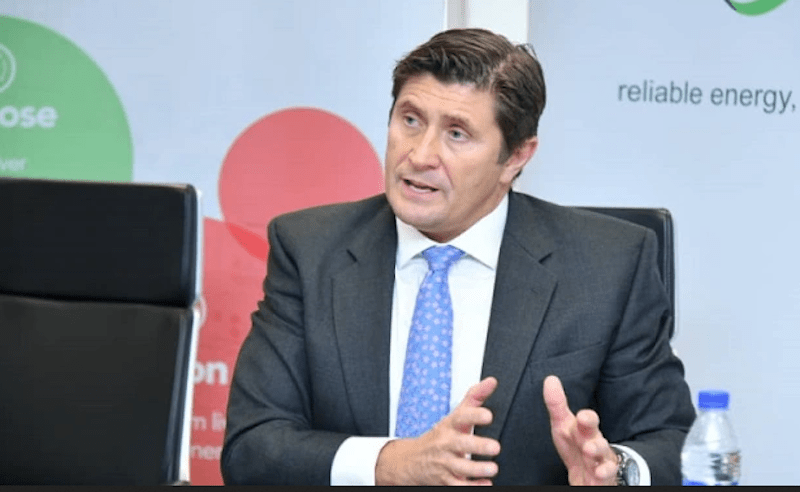Whereas the Acting President, Prof. Yemi Osinbajo and the Minister of Power, Works and Housing, Mr. Babatunde Fashola, on Tuesday in Abuja claimed that much has been achieved in the power sector in the last two years, latest electricity availability poll results for both ordinary and corporate citizens in the 1st half of 2017 (January to June), covering Q1 and Q2 by NOIPoll Group have revealed otherwise, citing a decline in power supply to Nigerian households within the period under review.
This is coming upon the level of investments and claims by the federal government on expenses in the sector within the six months span.
The poll said “An average of 31 percent of Nigerians surveyed reported the decline in power supply for the first half of this year; this drop represented a 6-point decline when compared to the fourth quarter (Q4) of 2016 which stood at 37 percent”.
“The drop could be attributed to the reported shortage of gas supply experienced by the sector several months back and the grid instability caused by weak transmission infrastructure.[1]Quarterly evaluation revealed that 31 percent of adult Nigerians reported that they experienced a minimal increase in power supply to their households in Q2, 2017 and this represents a 1-point increase when compared to Q1, 2017 which stood at 30 percent. Also, monthly analysis has shown that the highest improvement in power supply was in the month of March 2017 with 35 percent representation while the month of January accounted for the lowest (21 percent) improvement in power supply in the first half of 2017.
The report added further that “In the same manner, an evaluation of the monthly average cumulative hours of power supply to Nigerian households for the month of February 2017 stood at 9.8 hours daily, representing the highest daily cumulative hours of power supply within the six month period.
“Quarterly, nationwide average daily cumulative power supply to Nigerian households in Q2, 2017 stood at 9.3 hours, these results further stress the drop in power supply when compared to Q4, 2016 which had 10.6 hours as the monthly average. This infers that the stakeholders in the power sector need to keep up the pace of working towards providing more quality electricity supply to the people. These are some of the key findings from the aggregated power sector poll conducted by NOIPolls over a period of six months (January to June 2017),” the NOIPoll concluded.
Additional details show further that from polls conducted over a six month period on NOIPolls monthly power tracking survey series revealed that only about 3 in 10 Nigerians nationwide experienced an improvement in power supply for both quarter one (Q1) and quarter two (Q2). Further analysis revealed that power supply improvement for Q1 was 30 percent while, that of Q2 was 31 percent indicating a marginal 1 percent improvement nationwide.
The average cumulative power supply to Nigerian households nationwide for Q1 2017 was 8.9 hours while Q2 2017 had 9.3 hours, once again reflecting a fractional improvement in cumulative hours of power supply.









